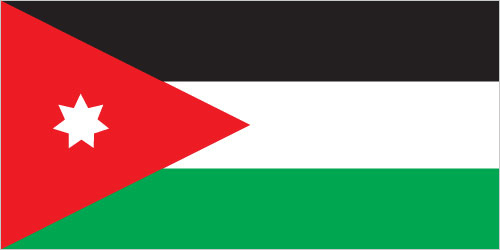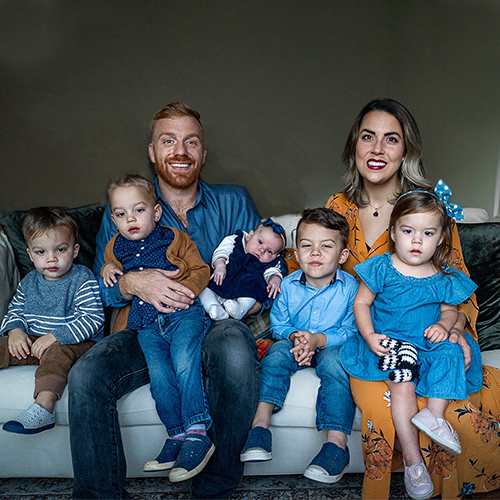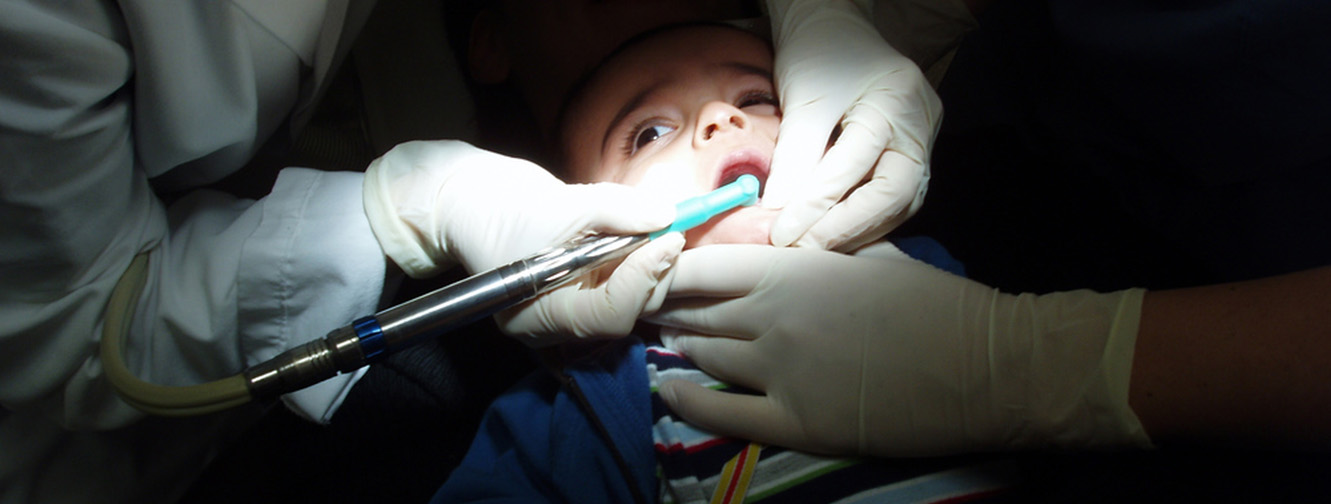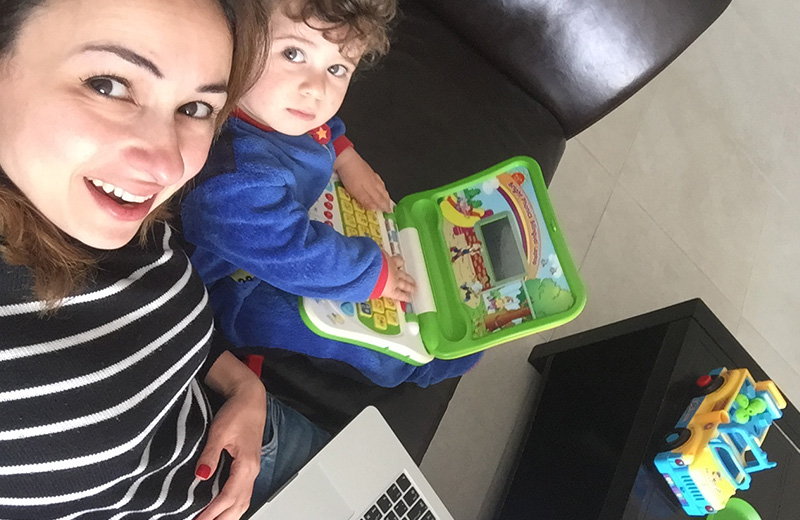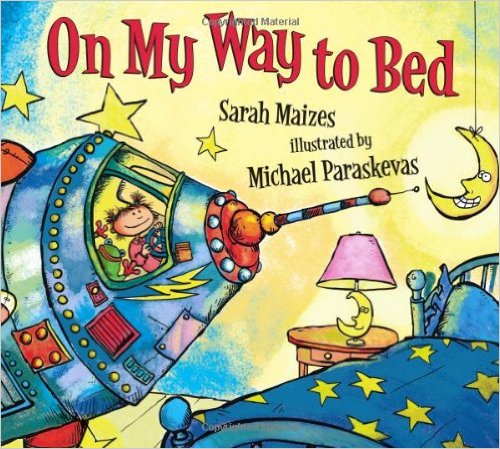How to Lend Real Help in Times of Trauma
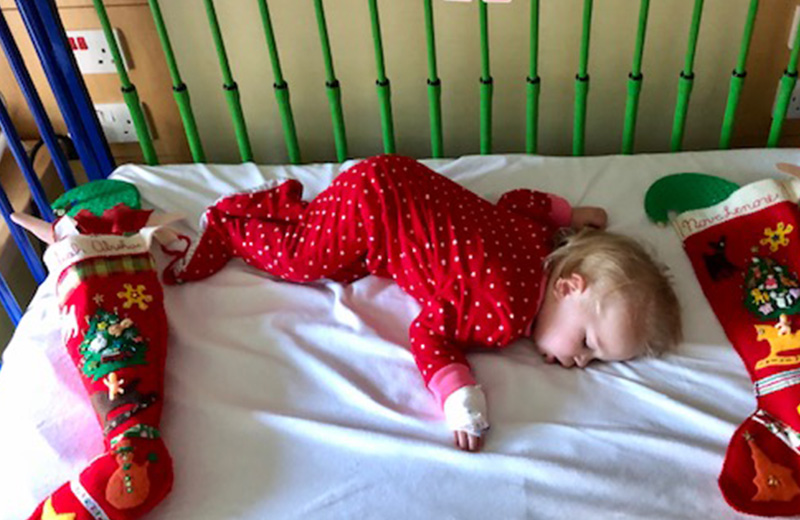
Recently, my youngest daughter, Nove, got very sick. After one week in a hospital in Amman, Jordan, we were sent by medevac (an ambulance with wings, basically), to London, where Nove could get further testing and diagnostic assistance that is not available in Jordan. It was a very rough and scary month for our entire family.
Thankfully, our story has a happy ending. In London, we found out Nove suffered from severe encephalitis (swelling of the brain and spinal cord) due to the common flu.
It is very, very rare, and our baby looked like she might have permanent brain damage because of it. But a couple of weeks in, she started to make a miraculous recovery. Four months later, she is still progressing and is back to her normal, active, nineteen-month-old self.
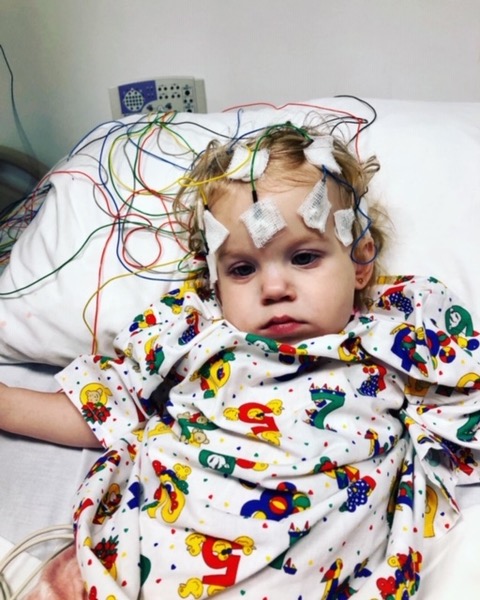
I learned a lot of life and heart lessons during the long, scary days my baby was sick. One of them is that people want to help when something goes wrong. It’s a beautiful thing to see in action! But it’s also tough to navigate. So, I’d like to share with you what was most comforting and helpful to me and my husband during this horrific time.
These are the top three, most helpful actions we received during that traumatic month:
-
Childcare.
We have four other children, all five years old and under (three-year-old triplets!). Logistically, having a sick baby in the hospital meant our other four, small kids were left with one parent for an extended amount of time.
This was hard on everyone involved! We were so blessed to have several families rally around us and make sure our bigger kids had FUN during this time.
And, it allowed my husband to join me in the hospital consistently so we could both talk to the doctors and make important decisions together.
-
Food.
A big family means lots of hungry bellies come mealtime! And being in the hospital around the clock made it very hard to have healthy, warm meals for my kids each day.
A dear friend started a meal train for us, and every other day someone would bring a yummy dish to the house.
One friend even brought me a plate to the hospital, while her husband drove across town to deliver dinner to my hubby and kids. Huge, practical help!
-
Text messages.
I could not believe how many prayers and encouraging words I received from friends and family all over the world. This was my emotional lifeline!
Literally, hundreds—if not thousands—of messages rolled in that month. I never got tired of reading them! I would weep at the constant care and love from people who barely even know us. All those texts had to say was, “I’m praying for Nove,” or “I’m thinking of you every day.”
Of course, we wouldn’t be complete without the three least helpful things we received:
-
Uninvited opinions and advice.
By far, this is number one! Multiple people sent us messages or emails, giving non-medical advice and opinions about what might be going on and what we should do about it. We got all sorts of stories and medical histories. And this was, simply put, not what we needed.
We understood people wanted to help, but we had world-class doctors working around the clock to diagnose and heal Nove. We far preferred—and were comforted by—messages that just said, “We’re praying for you.”
-
Platitudes and empty promises.
We get it. Sometimes it’s hard to know what to say. But in those moments, it’s often better to say nothing. Or again, something like, “I think of Nove every day.”
Anything that sounds like, “In the end, it’s all going to be okay,” or “There’s a plan in this,” or “At least she’s…” is not helpful for a parent to hear. It doesn’t make all of those statements untrue. Sometimes they are true. But true is not always helpful in a time of trauma.
-
Excuses.
We received a few texts from friends asking, “How can I help?” As I’d get ready to give a practical, honest answer, I’d get a follow up text detailing the friend’s busy schedule and all the times they cannot be available to help. This felt emotionally deflating.
And while we did understand life goes on for other people even though our baby was sick, it is much more helpful and encouraging to text when you are available to help. For instance, “I have three hours on Saturday with no obligations. How can I help?” Or, “I’m making you dinner. Want it tomorrow or Tuesday?”
People mean well. Friends and family—even barely-there acquaintances—heard about Nove and wanted to show their support. This was always appreciated, and my husband and I both got skilled at “reading between the lines” and finding the heart and love behind any comment or well-intended gesture.
We, too, have been in scenarios where other people are grieving or mourning, and we don’t know what’s the best thing to say or do. So, we tried to have grace with others as they navigated this whole ordeal with us. However, it’s always great to stretch ourselves and learn how we can be more supportive in times of need. For a mama, practical help almost always wins!

